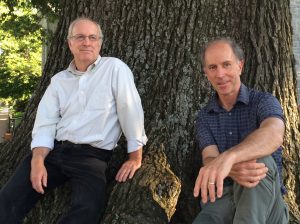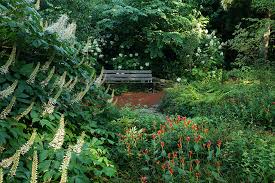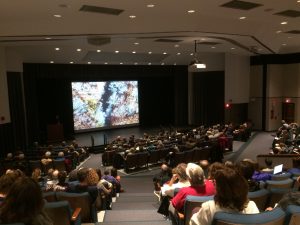Thank you to all who attended our 2017 Conference!
It was so inspiring to see so many familiar and new faces at the conference. We feel so hopeful for the future of the environment knowing that all of these people care enough about the Earth and all of its creatures to attend the conference and are going to start or continue adding native plants to their gardens.
Pre-registration ends on Feb 10 at 5 pm. Pre-registering steamlines the process for you and helps us with planning. Prices until Feb 10: $25 Wild Ones members; $35 non-members. Tickets available at the door on Feb 11: $30 Wild Ones Members $40 Non-Members
DESCRIPTION
In 2015 Doug Tallamy taught us why it’s important for us to use native plants in our landscapes. Our gardens and yards are vital for the health of the environment and are important refuges for animals that need habitat. Tallamy helped us understand the critical connection between native plants and animals. This year’s conference brings two highly esteemed speakers who will explain the importance of design in our landscapes to create life and beauty. Rick Darke will teach us how to design with native plants in our landscapes.

Rick Darke, an award-winning landscape architect and co-author with Doug Tallamy of The Living Landscape, will present his Putting Wildness to Work in the Living Landscape program in two parts. His work uses nature’s layers in a landscape as a model for designed landscapes. He focuses on how all plants from the ground layer (forbs, grasses) to the middle layer (shrubs, understory trees) then to the canopy (large trees) all work together to create a beautiful, efficiently functioning ecosystem.
Part One: Looking at the Layer
Authentic wildness is a renewable resource, and as responsible stewards we need to learn how to put it to work. The richness of life in any landscape is linked to the richness of its layers from groundcovers up to the canopy layer. Rick Darke will begin with an illustrated discussion of the living layers in local and regional landscapes, as they occur naturally and as they are modified by human activity. This will provide the basis for understanding the characteristics of healthy layers and why they should be conserved and enhanced in home gardens and shared landscapes.
Part Two: Designing and Managing for Beauty, Biodiversity and Function.

Rick Darke will demonstrate how an understanding of living layers and relational biodiversity can be put to practical use in the making and maintenance of vibrant residential gardens and community landscapes. Strategies for employing organic architecture will be presented in detail.

Schedule for the Day
12-12:30 registration
12:30-2:00 Rick Darke, Part
2-2:30 Snack/Break
2:30-3:45 Rick Darke, Part Two
3:45-4:00 Break/Snack
4:00-5:30 Heather
Please note that we will be unable to provide meals. We suggest having an early lunch and bring snacks. We will have coffee/tea and light refreshments available.
This conference is made possible thanks to West Cook Wild Ones members, our plant sale, and PlanItGreen.
It is hosted by Triton College Sustainability Center
Location: Triton College Performing Arts Ctr (E. Campus) 2000 5th Ave, River Grove, IL

